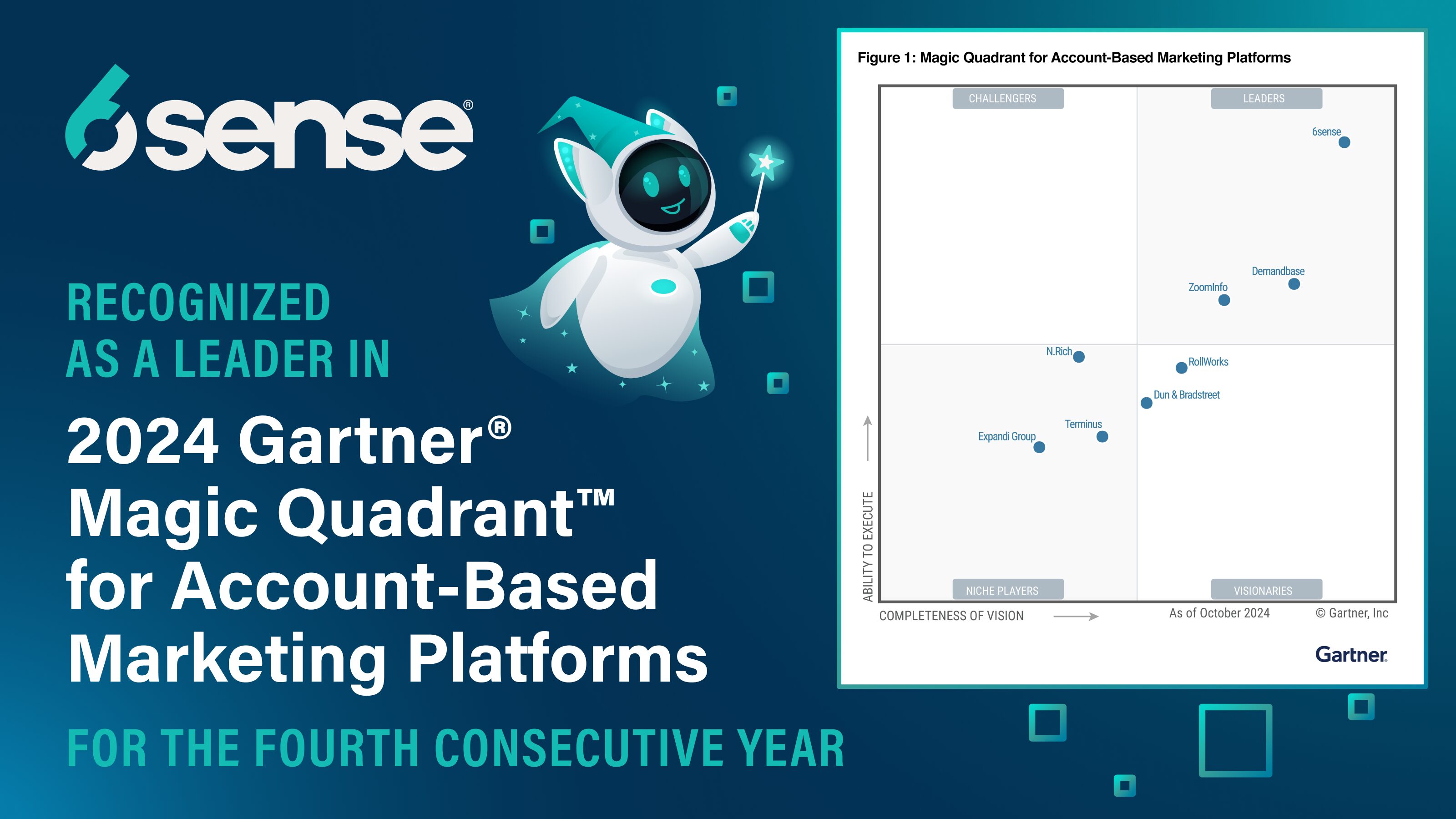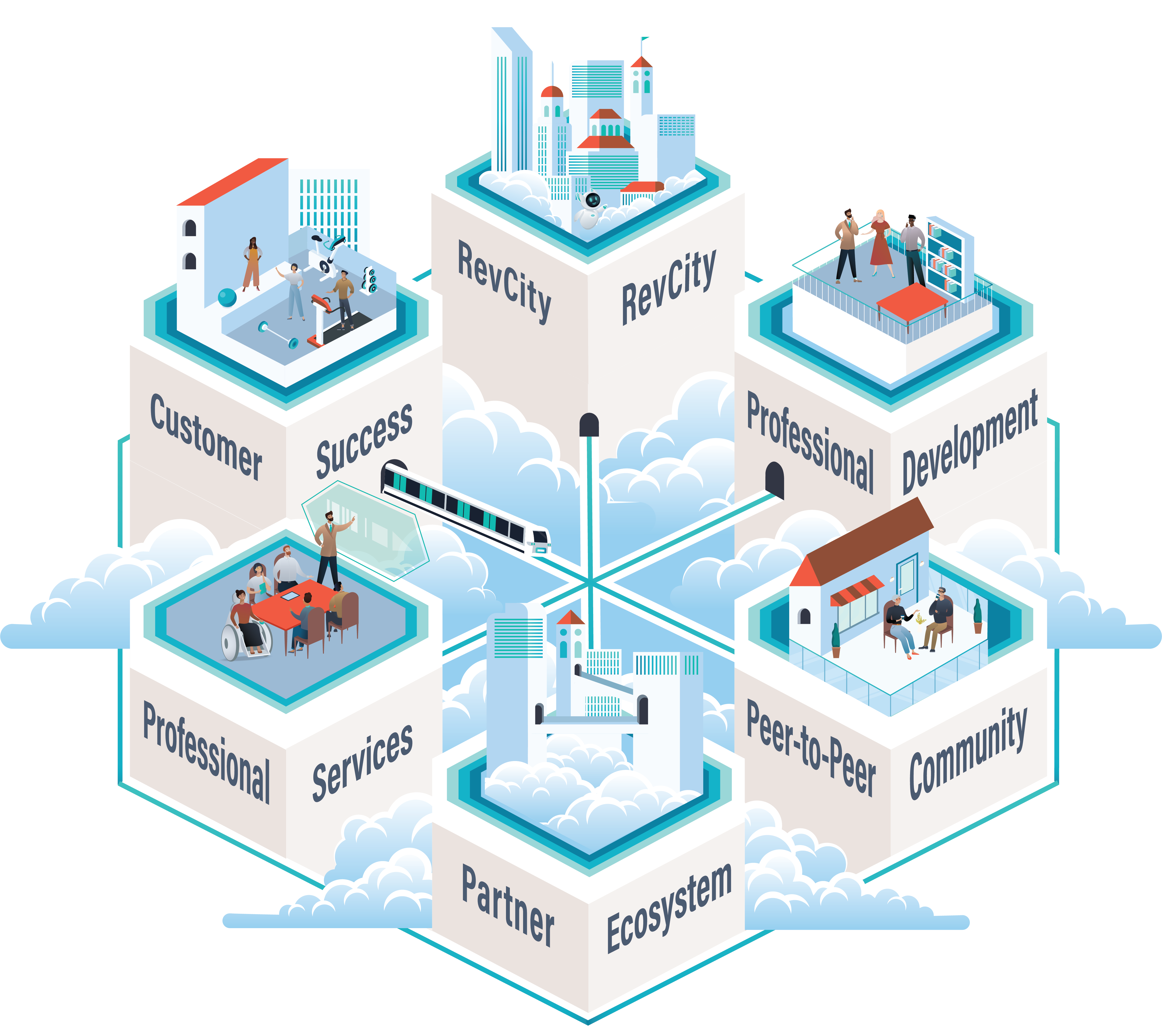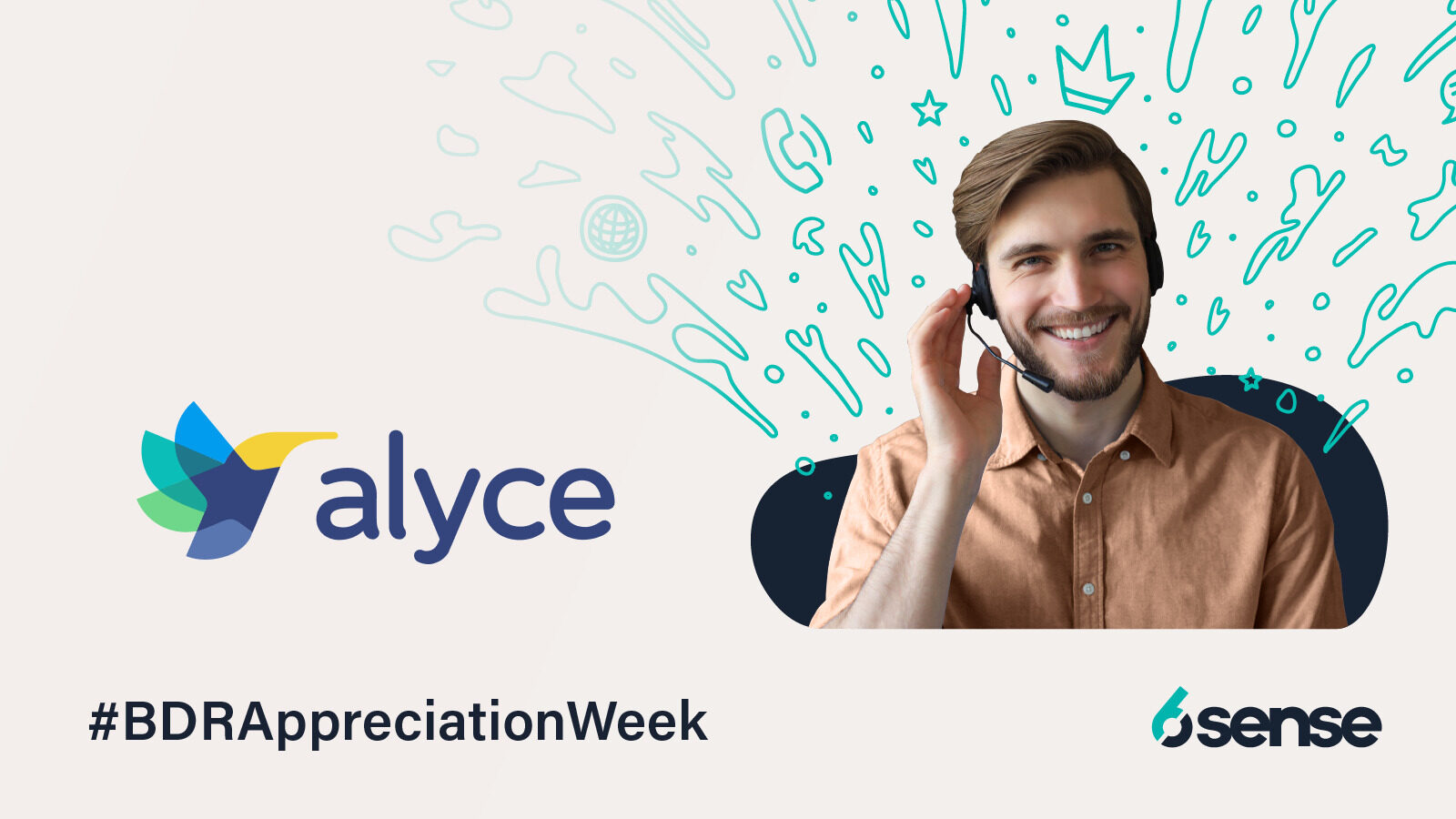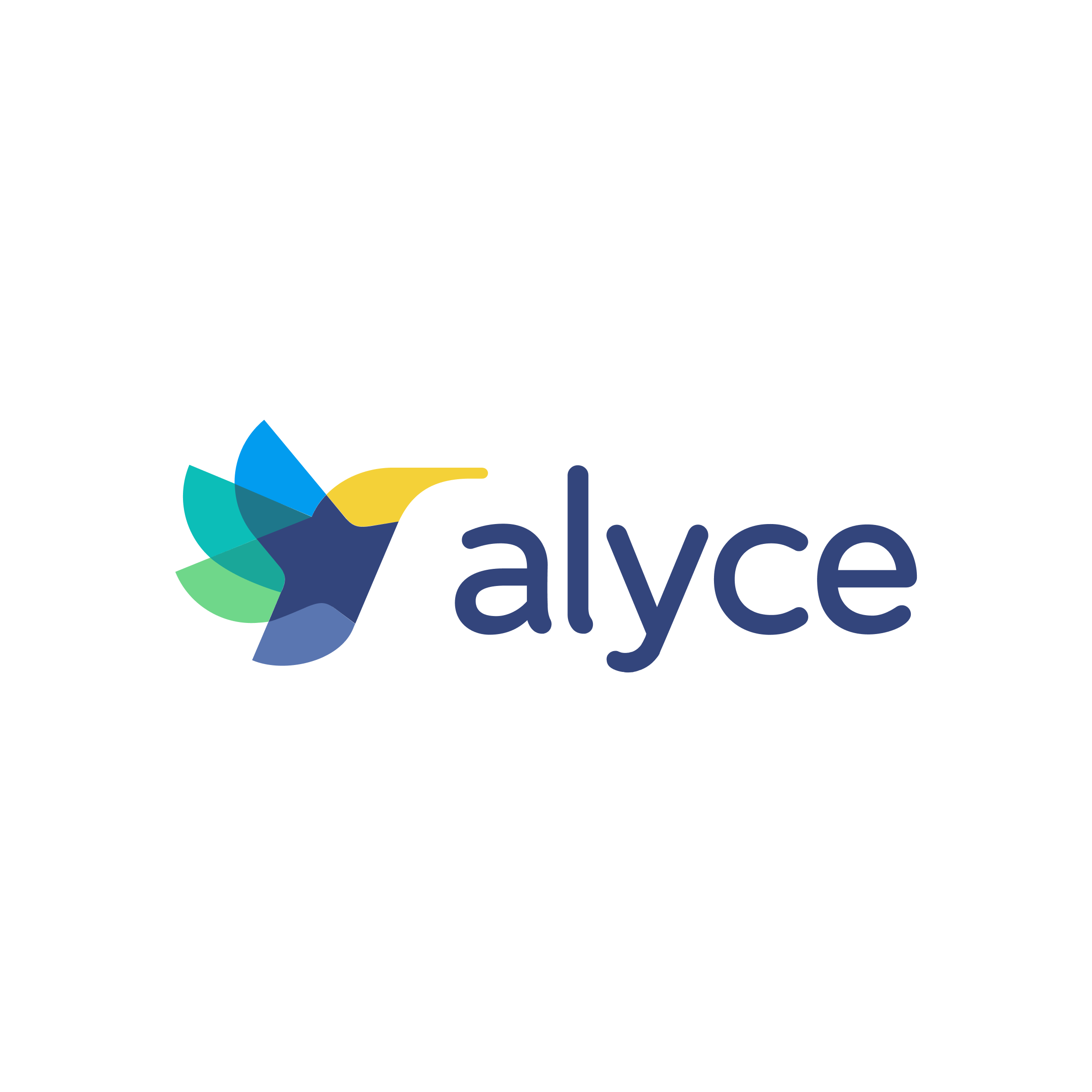Tara Benyousky is a B2B GTM veteran, championing the importance of humanizing marketing and selling. Tara brings a passion for helping customers spark more meaningful conversations in their 9to5™️ with the Alyce “Revenue Impact” Gifting Platform.
During and long after BDR Appreciation Week wraps up, we want to show appreciation to all of you Business Development Representatives on the front lines, day in and day out, driving the business forward. As the first face, the first name, and the first voice customers engage with for most of your organizations, you are often unsung heroes.
It’s time to pause and focus on you a bit and help ensure you have the tools, skills, and network to keep doing what you’re doing and refining your craft.
We know your duties as BDRs surpass simply generating leads and initiating new deals for your marketing and sales peers. To truly excel in this field, rather, we know the best BDRs must possess a complete set of exceptional skills to:
- Build connections with prospects and customers in a very noisy landscape
- Create meaningful conversations and invest in every relationship again and again, and
- Identify and understand the needs and business pains of every prospective buyer
What Skills Do the Best BDRs Have?
It’s no secret that hard skills have been and will remain essential for workplace success. Hard skills are core technical abilities to perform a job function.
For BDRs alone, the amount of hard skills that have now become table stakes to perform the job has grown exponentially. Look at just the number of software platforms and tools BDRs need to be proficient in today: prospecting tools like ABM, targeting, engagement, scheduling, video production, and CRM — exponentially higher than the days of solely using a CRM.
But if you’re a BDR and neglecting your soft skills, you could be missing out.
Analysis by Stanford Research Center, Harvard University, and Carnegie foundation found that 85% of job success comes from excellent soft and people skills. Fifteen percent comes from technical skills.
What Are Soft Skills?
Soft skills refer to the personal and interpersonal attributes you need to successfully interact with and influence others, including:
- Communication: This includes verbal and written communication, as well as active listening and public speaking.
- Problem-Solving: The ability to identify problems and develop creative solutions to them in a timely manner.
- Efficient Time Management: The ability to self-manage time effectively so that the right time is allocated to the right activity at the right time.
- Decision Making: The ability to evaluate information quickly and make informed decisions based on available data.
- Teamwork: Working collaboratively with other people towards a common goal while understanding everyone’s roles and responsibilities within the group dynamic.
- Emotional Intelligence: The ability to be aware of, control, and express your emotions and handle interpersonal relationships judiciously and empathetically.
Why It Pays to Develop Soft Skills
Soft skills enhance the performance of BDRs in any workplace setting by:
- Enabling them to effectively collaborate with their peers and contacts outside the organization
- Opening new doors for career advancement by providing them with the ability to think critically and respond appropriately in challenging situations
- Helping them establish trust with prospects and customers by allowing them to present themselves as credible, reliable resources for problem-solving
- Allowing them to connect on a deeper level by demonstrating genuine interest in their contacts’ business goals while recognizing opportunities for improvement (or even new business strategies that could benefit them in the future)
- Enabling them to differentiate themselves from competitors by emphasizing personalized connections rather than transactional sales pitches
Ways to Develop Soft Skills
- Take Initiative: Instead of relying solely on others’ guidance or expertise, be proactive about learning new things or finding solutions independently whenever possible. This demonstrates resourcefulness and self-motivation.
- Listen Actively: Focus intently on what someone is saying without formulating your response while they’re still speaking. You’ll absorb information and show respect towards whomever you’re engaging with.
- Ask Questions: Ask thoughtful questions to demonstrate engagement during conversations. This builds credibility. Asking targeted questions based on previous answers can lead you closer to uncovering customer needs. Open-ended questions are a great way to allow others to elaborate on areas you may not have asked about.
- Practice Empathy: Put yourself into someone else’s shoes before responding. Seeing things from other perspectives is key when resolving conflicts or addressing difficult topics since it offers more understanding between the involved parties.
Putting Your Skills to Good Use:
Why BDRs Love Alyce
Gifting during the outreach/prospecting cycle has proven highly effective in helping BDRs put their soft skills to practical use. For example, sending recipients the right gift at the right time requires:
- Leaning in and “listening” to their prospect’s or customer’s needs
- Empathizing with the need to deliver value instead of self-serving messages
- Emotional intelligence in handling each interpersonal relationship judiciously instead of a one-size-fits-all approach
Gaining an Advantage to Cutting
Through the Noise
BDRs who use gifting to complement their soft skills have a significant advantage in cutting through all the noise that’s out there today. This noise is largely the result of a lack of soft skills by many in the industry. These folks have defaulted to batch-and-blast, one-sided, and unwanted tactics to gain attention.
By knowing how to lean in, BDRs can earn a prospect’s or customer’s attention and spark their interest in an otherwise crowded and competitive market. Gifting is an effective way of showing appreciation for their time and effort.
Conclusion
Like hard skills, soft skills are an essential part of any serious, successful relationship-building BDR. By understanding the importance of communication, emotional intelligence, trust-building, and meeting customer needs, you can unlock hidden potential in your strategy, business, and career path.
Take the time to develop and hone your soft skills, and the rewards will be worth it. As a call to action, start implementing some of these strategies today and take advantage of all the benefits they offer.
About Alyce
Alyce is the intelligent, AI-enabled, “revenue impact” gifting platform, designed to accelerate account-based marketing, demand generation, pipeline-building, new acquisition sales, and customer expansion—at scale. Marketing, Sales, and Customer Teams use Alyce to send gifts people want to open doors, spark conversations that keep them top of mind, and continue to add value for prospects and customers, across the entire buying cycle.
 Skip to content
Skip to content



